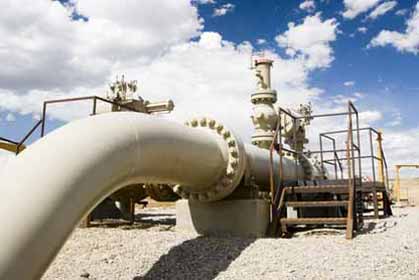Types of Oil Industry Employers
There are three sectors in the oil and gas industry and companies of varying sizes. When pursuing your oil and gas job, think about which sector might be the best fit for you and whether you would prefer working in a big company or a smaller one.
Those companies that doing oil exploration and oil production are said to be doing Upstream activities. The upstream sector isn’t limited to just exploration and production companies. It includes outside contractors of all types, specializing in areas such as engineering, seismic testing, drilling, operation of service rigs, and other equipment manufacture and supply.
Transporting and refining the oil once it’s out of the ground is a midstream oil activity. Oil pipelines are in this sector. Can you name any companies that operate pipelines? Probably not. Nevertheless, the larger oil and natural gas pipeline operators make billions of dollars managing miles and miles of pipelines.
Finally, you have the Downstream activity of selling or wholesaling the gas to distributors or retail outlets like service stations. Our focus at JobMonkey is on the Upstream and Midstream sectors.
The largest companies in the oil and gas industry are involved in all three sectors, meaning that they get the oil out the ground, transport it, refine it, and sell it. Smaller, independent companies tend to specialize in just one area such as pipelines or drilling.
Many of the most sought-after oil and gas jobs are in the Upstream sector because they tend to be international in nature and definitely off the beaten path.
Of course, that’s what JobMonkey is all about: getting beyond the mainstream; having an adventure. In the Upstream sector you could be working in the arctic, Alaska, the far reaches of Canada, somewhere in the Middle East, or even Iraq. Once you have the skills and experience you could end up moving around to different locations, especially if you’re employed by one a larger company.
Don’t limit your job search to the oil and gas companies. The bigger companies often outsource work to oil service companies who do anything from install and lease equipment or facilities. The services companies send people wherever they’re needed.
Most of the entry-level oil and gas jobs are found in the production, refining, and transportation areas while it generally takes significant education and training to work in oil exploration or engineering.


